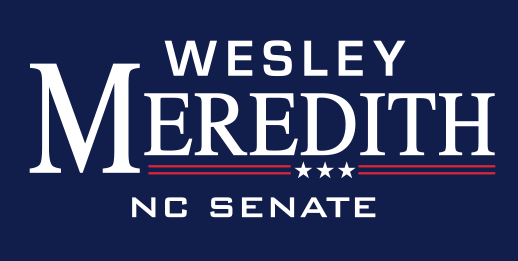Last week, I was appointed by leadership to be co-chairman of the Senate Appropriations Subcommittee on the Department of Transportation. Over the past few years as a state legislator, I have done a great deal of work with the Department of Transportation in Cumberland County. Helping communities resolve these complicated and delicate issues is something that I have excelled at and taken pride in. This committee chairmanship offers a better opportunity for me to further improve North Carolina’s transportation outlook.
For the last three years, the North Carolina Senate has had an aggressive transportation agenda that centered on fixing what we have and finishing what we started. I think it’s important to look back at what has happened with transportation in North Carolina.
We focused nearly one billion dollars on replacing or rehabilitating deficient bridges across the state; this will help ease weight restrictions and allow goods and services to more freely travel the state. Then, we dedicated more than $800 million to resurfacing projects that will help preserve our existing roadways. And of that nearly $2 billion investment, 98 plus percent of all engineering and construction work is being delivered by the private sector. This means construction jobs in North Carolina.
Additionally, we continued the Senate’s efforts to remove politics from transportation decision making by eliminating named projects from statute, and mandated a data driven prioritization process that includes local input to select future transportation investments. The North Carolina Senate has over the past few years continually led on pushing the DOT to increase their use of the private sector. By the end of this fiscal year, 60% of the pre-construction efforts of the department will be delivered by the private sector.
As the Governor looks to roll out his 25 year infrastructure plan later this year, I expect that we will begin to discuss how we meet the vast transportation and infrastructure needs facing our state. With impressive technological developments, there are ever present challenges in legislating transportation related matters responsibly. To meet those challenges, I will work with the General Assembly and our local elected leaders to respond to the needs of the state.
